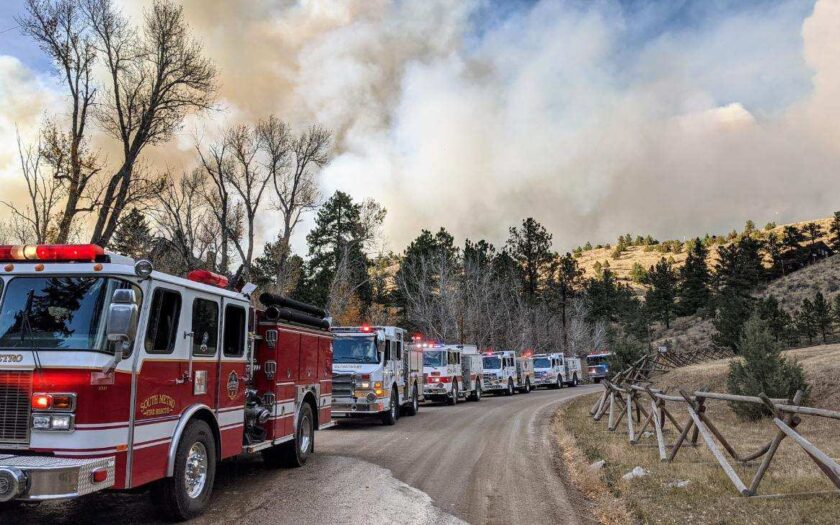In an emergency, the first priority is to stay calm and assess the situation to determine the immediate danger. If necessary, call emergency services for assistance, providing clear details about the situation, the location, and any critical information. If someone is injured or ill, assess their condition: check for breathing and a pulse, and administer CPR if trained. Control bleeding by applying direct pressure to the wound. If there is a fire, smoke, or hazardous situation, ensure your safety first and then evacuate if needed. For medical emergencies, do not attempt to move a seriously injured person unless there is immediate danger. Always be prepared with basic first-aid knowledge, such as how to handle choking, burns, or broken bones, to help stabilize the situation until professional help arrives.
When to Call 911
A 911 emergency involves a situation where immediate help is needed due to injury or imminent danger. Call 911 if:
- There’s a fire.
- Someone is unconscious after an accident, excessive drinking, or a drug overdose.
- Someone is having difficulty breathing, such as during an asthma attack or seizure.
- Someone is choking.
- You witness a crime, like a break-in or assault.
- You’re involved in or see a severe car accident.
When you call 911, the dispatcher will ask questions such as:
- “What is the emergency?” or “What happened?”
- “Where are you?” or “Where do you live?”
- “Who needs help?” or “Who is with you?”
It’s normal to feel anxious, but try to stay calm. Providing clear answers helps the dispatcher determine what type of emergency response is needed and where to send assistance.
Provide as much information as possible about the situation and how it occurred. If someone is unconscious or not breathing, the 911 operator may guide you through first aid procedures, such as CPR, if you’re trained.
Other Important Information About 911
While staying calm and speaking clearly is essential, it’s also crucial not to hang up until the operator tells you it’s okay. This ensures they have all the necessary details to send help quickly. Contrary to popular belief from TV shows, operators can’t always trace the exact location of your call.
It’s important never to call 911 for pets, general information, or non-emergency matters like paying a traffic ticket. Misusing 911 can delay emergency services where they are truly needed, and in many places, prank calls to 911 are considered a crime.
If you’re unsure whether it’s an emergency and no one else is around to help, it’s better to call 911 and let the operator determine if the situation requires immediate assistance.
What to Do If Someone Is Injured
Avoid moving someone who is unconscious after an accident, as they may have a neck or spine injury. Call 911 or seek help immediately. If the person is not breathing and you know CPR, ask someone else to get help while you assist the injured person.
If the person is bleeding, apply pressure to the wound with a cloth or clothing to slow the bleeding. Don’t try to clean the wound, as this could worsen the injury. Stay with the person until help arrives.
If reaching the injured person puts you in danger, such as in the middle of a road, ensure the area is safe before approaching to help.
Even if an injured person is conscious, they could still have internal injuries. In some cases, symptoms appear later, so it’s always a good idea to call 911 or take the person to the hospital. Someone who seems disoriented, sick, or has a headache might have a concussion or another serious head injury.
Safety Tips
If you’re babysitting or caring for someone with a medical condition, you should be ready for emergencies. Here are some tips to help you respond quickly:
- Keep a list of emergency numbers in an easily visible spot, such as on the refrigerator or near landline phones. Save important numbers in your mobile phone as well.
- Have contact numbers for adults you may need to reach. If you’re babysitting, know where the child’s parents are and how to contact them. In a serious emergency, such as a child stopping breathing, call 911 first, then contact the parents.
- If you’re caring for someone with a health condition, be aware of their medication schedule. Have their insurance information handy in case a trip to the hospital is necessary. It’s a good idea to keep all this information written down and easily accessible.
By being prepared and knowing when to call for help, you can respond effectively in an emergency.



